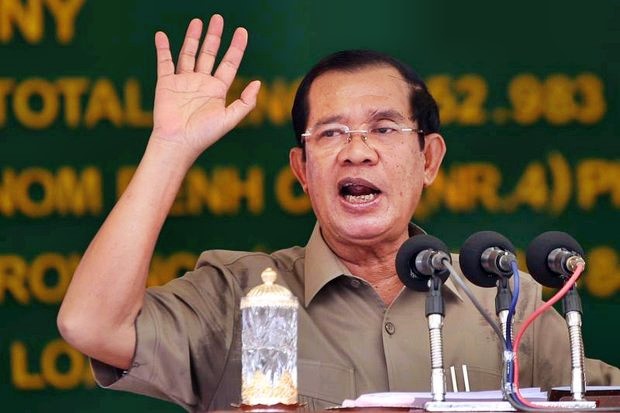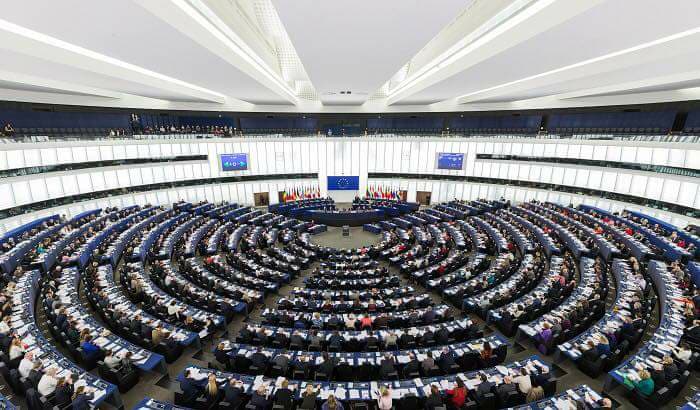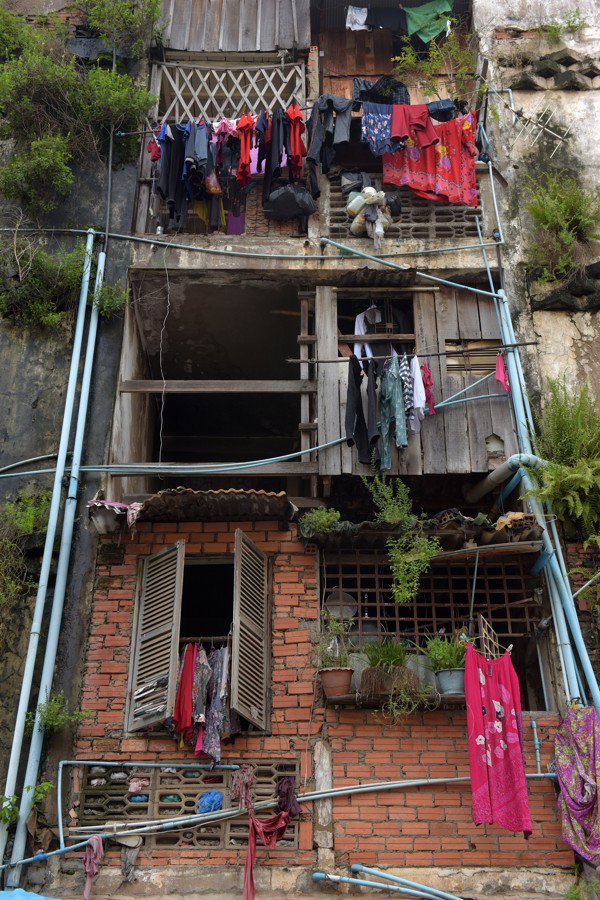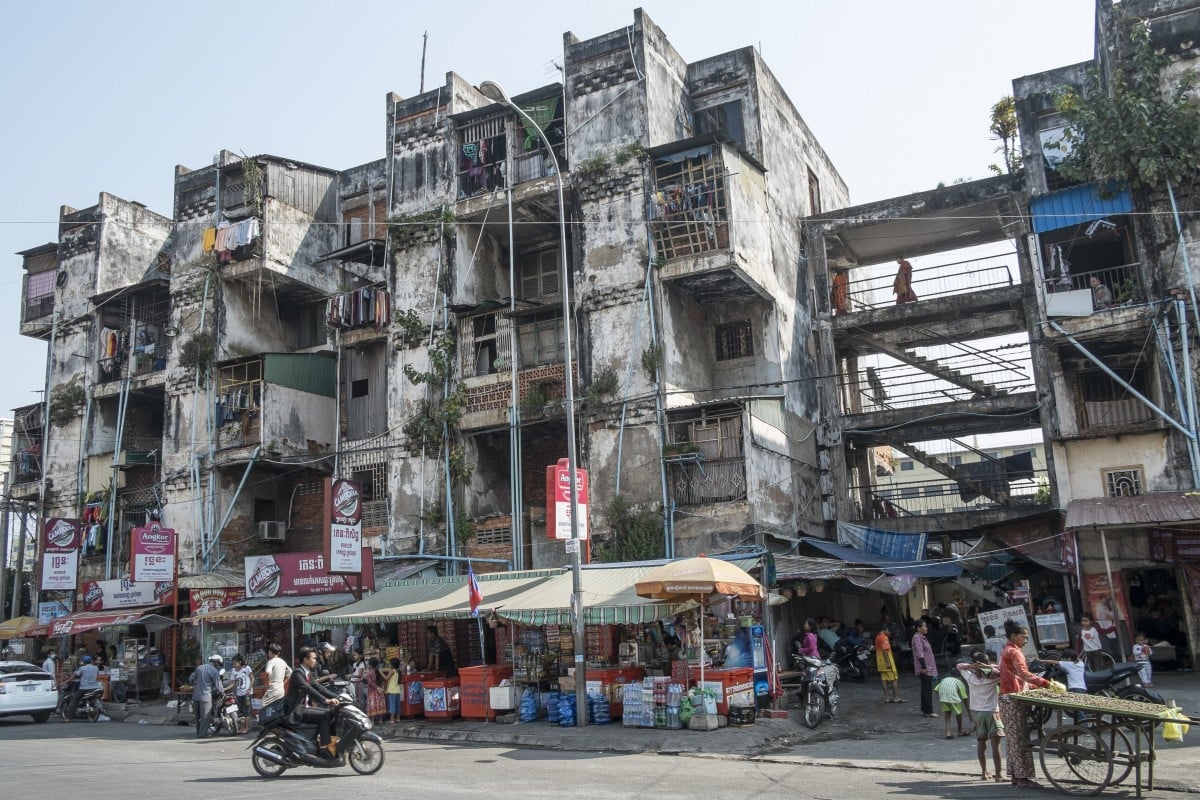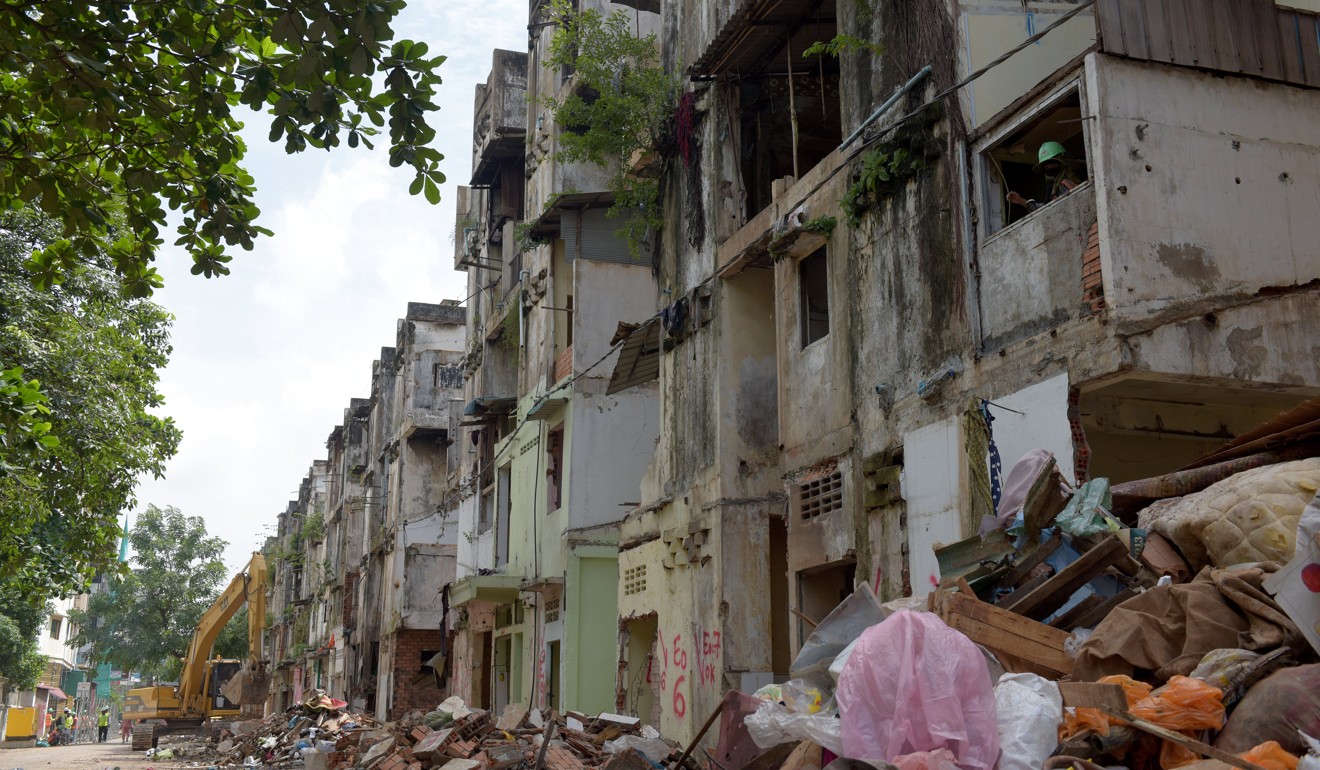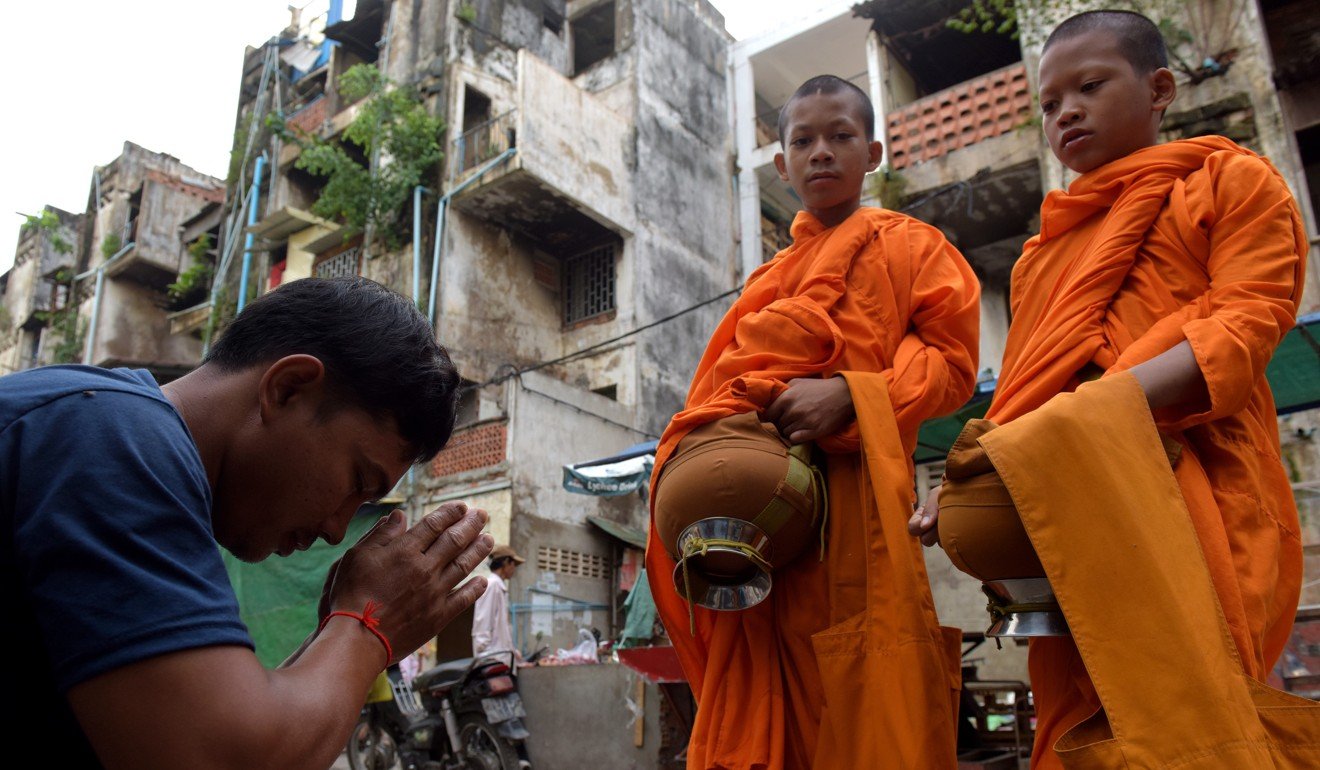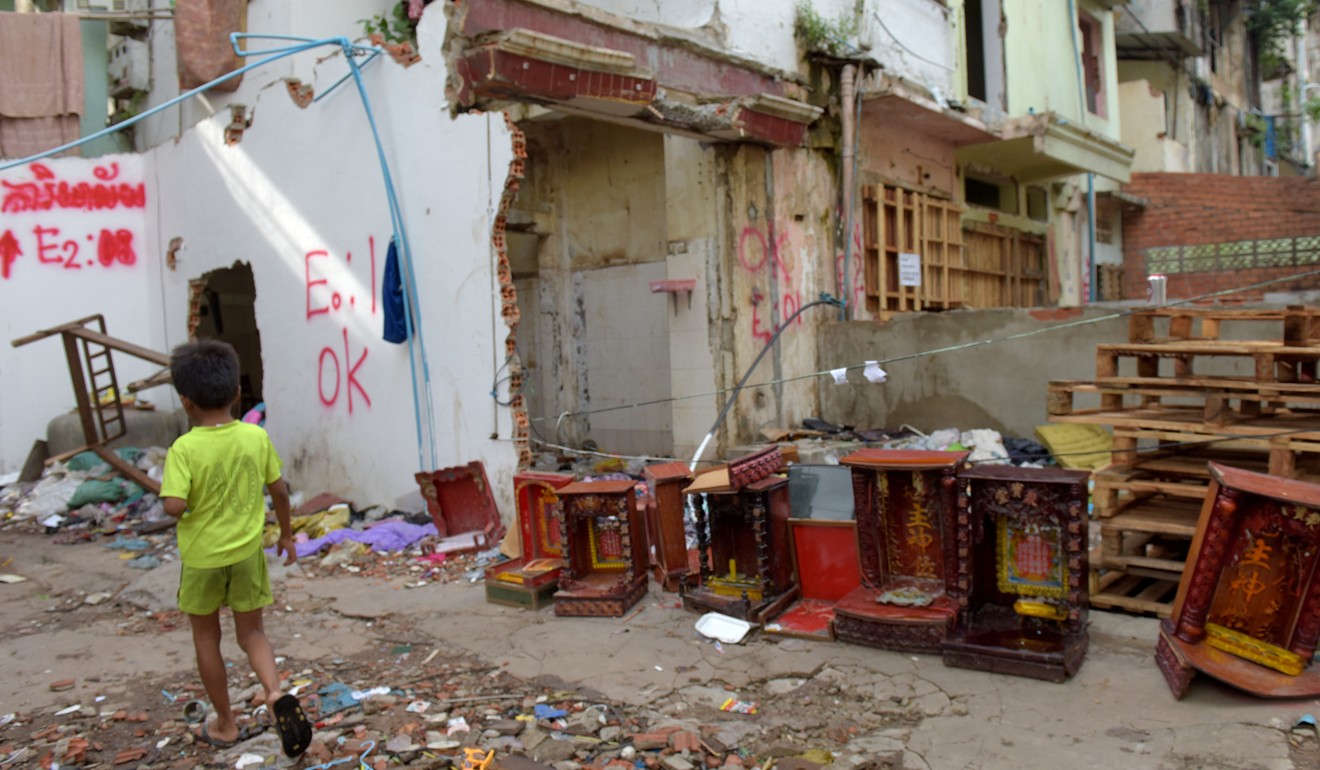The Rising Cost of Strongman Rule in Cambodia
Op-Ed: Project Syndicate
Apr 12, 2019 SAM RAINSY
Despite boasting unrivaled tourist attractions, large stores of natural resources that could be profitably and responsibly exploited, and one of the world’s youngest labor forces the country’s economy is floundering. And, after 34 years of Prime Minister Hun Sen’s dictatorial rule, Cambodians could soon be facing a higher price.
PARIS – On April 4, a group of international buyers’ associations from the garment, footwear, sporting, and travel goods industries sent a letter to Cambodian Prime Minister Hun Sen to express concerns over abusive labor practices and human-rights violations. Already, Cambodia’s tax-free access to the vast European Union market, granted under the EU’s Everything But Armsscheme, is in danger of being suspended over such violations.If the country is excluded permanently from EBA and other preferential trading arrangements, the associations warned, their sectors – and the Cambodian economy – will take a serious hit.
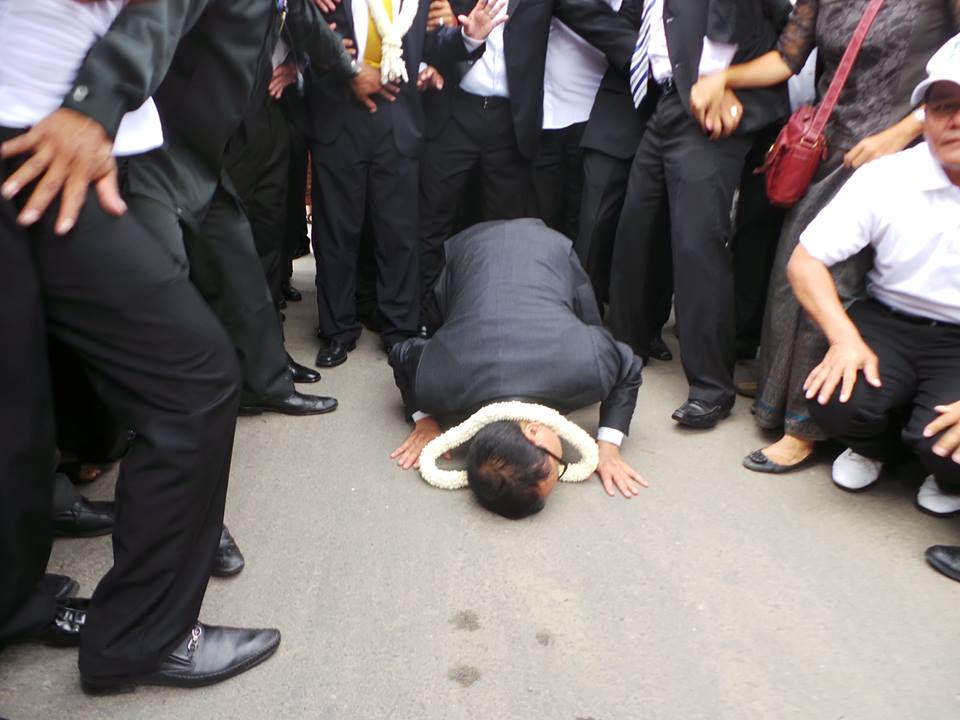
Hun Sen claims that the international community is unfairly singling out Cambodia. But the truth is that intensifying pressure on the country is consistent with a broader global shift, in which investment is increasingly guided – even dictated – by environmental, social, and governance (ESG) factors.
Cambodia’s descent into dictatorship under the Hun Sen regime | Four Corners
Gone are the days when strong ESG performance was a nice bonus for investors. Pension trustees and fund managers now insist that the companies in which they invest operate in ethical, transparent ways that limit reputational risk. Investment decisions at emerging-market funds are thus increasingly preceded by rigorous ESG screenings – screenings that, after 34 years of Hun Sen’s dictatorial rule, Cambodia has no chance of passing.
Continue reading
